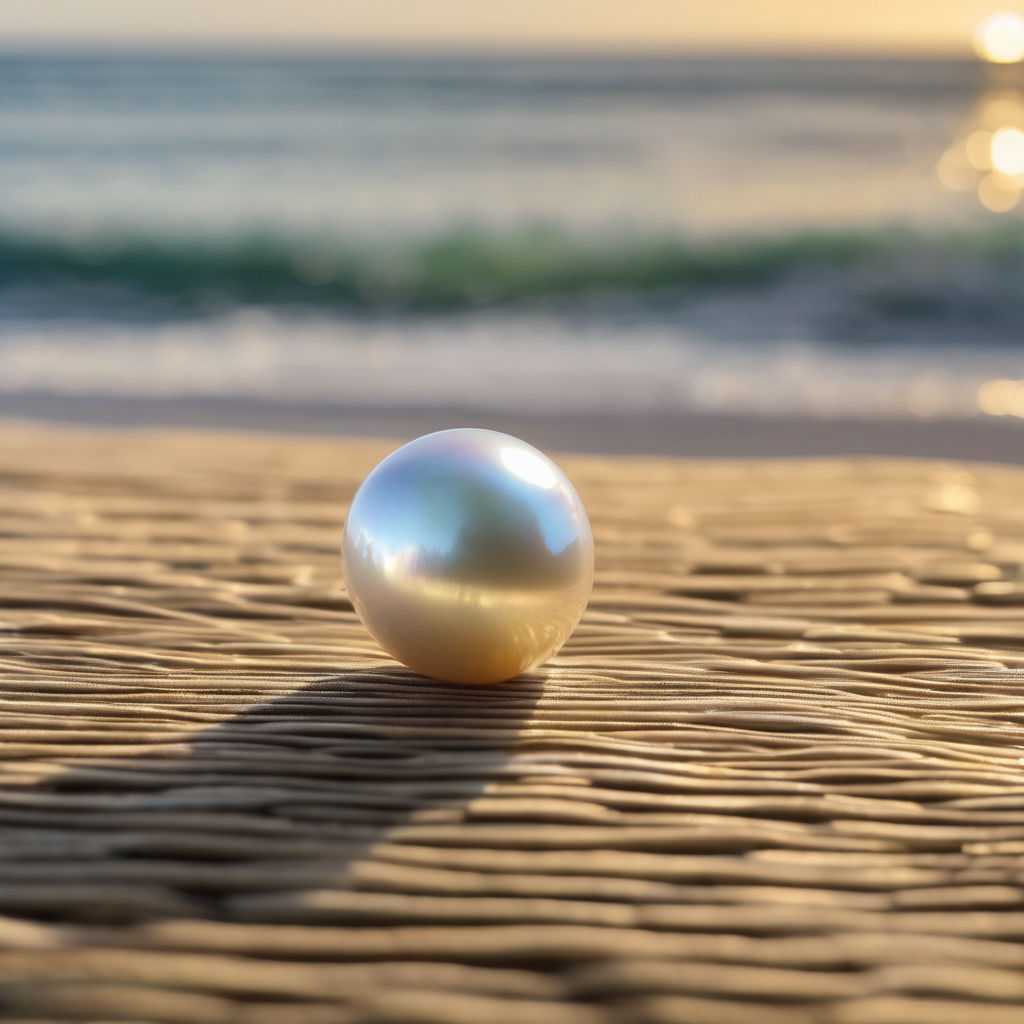The government’s Mabé Pearl initiative has been embraced by Opposition Member of Parliament Semi Koroilavesau for its promising opportunities for Fiji’s coastal communities. Koroilavesau underscored that Mabé Pearls can be farmed in diverse ocean conditions, such as areas near mangroves, enhancing their accessibility for Fijian communities compared to traditional pearls. He commended the collaboration with Jacks Fiji, which effectively markets Mabé Pearls both locally to tourists and globally as a luxury product.
Reflecting the initiative’s success, Koroilavesau highlighted the Raviravi women’s pearl farm in Macuata as a prime example of community-driven aquaculture leading to women’s empowerment, local enterprise development, and economic resilience. The enterprise showcases the potential for similar projects across Fiji to generate livelihoods while promoting sustainable ocean use.
The minister’s remarks about the Mabé Pearl initiative align with the recent inauguration of the Savusavu Mabe Pearl Oyster and Handicraft showroom, which also seeks to bolster the livelihoods of communities involved in pearl farming. This showroom, launched by Minister for Fisheries and Forestry Alitia Bainivalu, serves as a hub for pearl grafting and product marketing, further enhancing the value of these unique coastal products.
Bainivalu emphasized the crucial role of partnerships, notably with the Australian Centre for International Agricultural Research (ACIAR) and the University of Sunshine Coast, highlighting their continued support since the 1980s. This collaboration laid the groundwork for sustainable aquaculture in Fiji, initially focusing on Giant Clams and expanding to include other projects such as freshwater prawn cultivation.
The showroom does more than provide economic opportunities; it serves as a platform for preserving traditional skills, empowering artisans, and sparking economic growth within communities. Moreover, workshops at the showroom will train fisheries officers and community members to convert raw shells into exquisite crafts, further building community skills.
Through these initiatives, Fiji hopes to preserve its rich cultural and natural heritage while encouraging sustainable economic growth, allowing coastal communities to thrive. The Mabé Pearl initiative, combined with the efforts at the Savusavu showroom, represents a beacon of community empowerment and environmental responsibility, promising a future where sustainable practices enhance local living conditions and preserve cultural practices.
